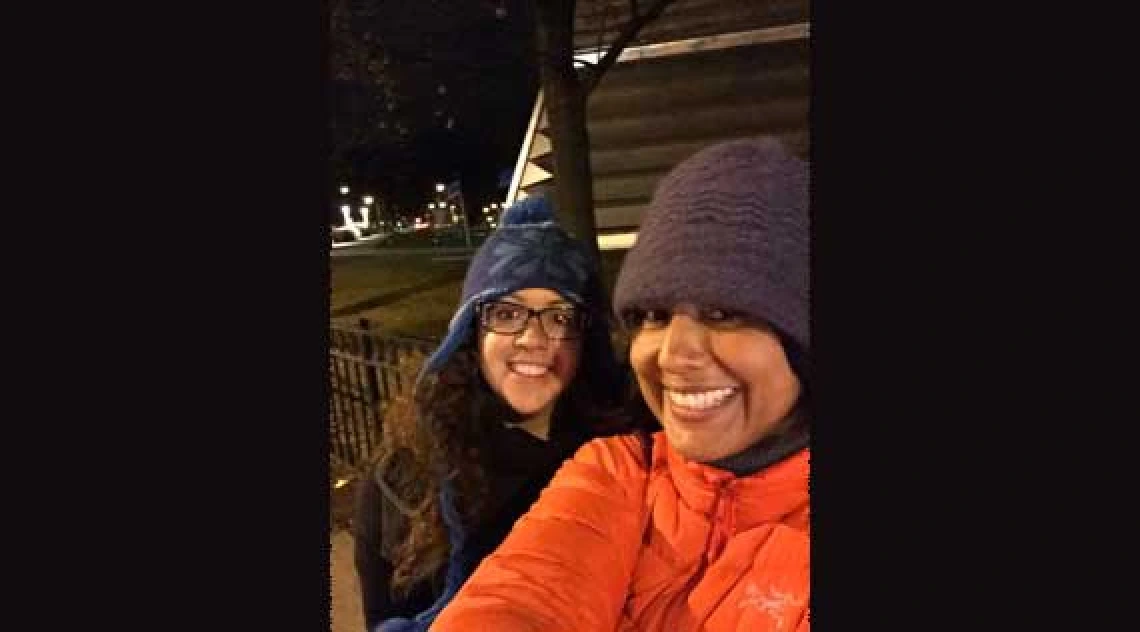UA SRP Invited to Michigan State University


Denise Moreno Ramírez, University of Arizona Superfund Research Program (UA SRP) Community Engagement Coordinator, and Dr. Mónica Ramírez-Andreotta, UA SRP Investigator, traveled to East Lansing, Michigan in November 2015. Moreno Ramírez and Ramírez-Andreotta are working with faculty at Michigan State University (MSU) to develop a social science/environmental public health research program to improve our understanding of and to reduce health disparities in the U.S./Mexico Border Region.
Ramírez-Andreotta met Dr. Jennifer Carrera (now at MSU) while she was at Northeastern University and a member of the Social Science Environmental Health Research Institute under the advisement of Phil Brown. Together, they began to brainstorm ways to work together and combine their various disciplinary expertise. Recently, MSU faculty Carrera and Lucero Radonic were awarded a Visiting Scholars to Advance Science (VISTAS) Grant through the Environmental Science and Policy Program entitled: “Collaboration for Citizen Science Monitoring of Environmental Quality in the U.S./Mexico Border Region.” Per the VISTAS grant, funding was provided to bring the UA team members to East Lansing, MI, allowing the leadership team to get together in-person to workshop the project and refine methodology. They expect the ongoing collaboration will result in a new grant submission to fund border research.
While at MSU, the two gave invited presentations in the Department of Sociology brownbag seminar and engaged in an interdisciplinary discussion on methods for conducting community engaged research and addressing environmental health disparities. Moreno Ramírez described her work developing transferrable training modules for promotores, “Community Based Outreach: Promotora Designed Transferable Training Modules on Environmental Risk Assessment.” Ramírez-Andreotta spoke on citizen-science projects investigating metals uptake in homegrown vegetables in Arizona and Massachusetts, “Democratizing Science: A Co-Created Citizen Science Approach to Environmental Health Research in Underserved Communities.”
“This was a great opportunity to interact face-to-face with our collaborators and further build our ideas using our unique disciplines we each bring to the table,” said Moreno Ramírez about the experience.

